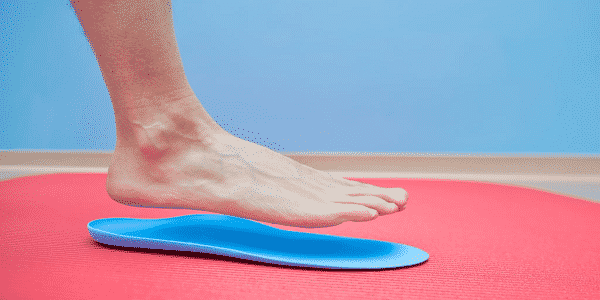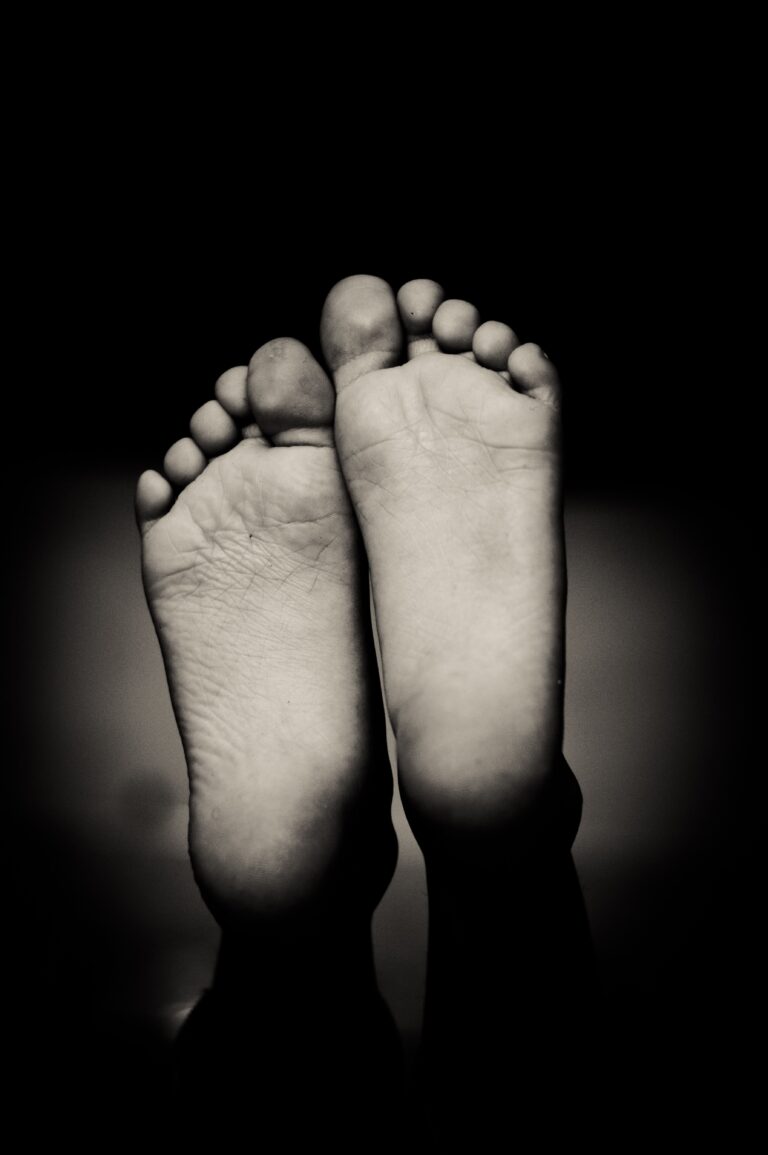Diabetes and Foot Health – Tips for Preventing Complications
Diabetes is a disease that can lead to serious complications if it’s not managed properly. That’s why you need to be careful with your feet and monitor them regularly to keep them healthy and prevent any problems. Read on to learn some tips for preventing diabetic complications:
Diabetes and Foot Health: Tips for Preventing Complications
If you have diabetes, it’s important to be aware of the foot problems and complications that can result from this condition. Foot problems are common among people with diabetes because nerve damage can reduce sensation in the feet, making them less able to feel pressure or changes in temperature. This makes it harder for your body to respond quickly if there is something wrong with your feet. Your feet may swell as well and this is not some fat which can be cut through any fat burner but a swollen foot happens to many people who are facing diabetes.
In addition to this lack of sensation, blood vessels may also become damaged by high blood sugar levels over time–which means that even if something feels wrong (like an ingrown nail), it might take longer for your body to realize something needs attention because there isn’t enough blood flow going through that area of skin or tissue.
Monitor your Weight
In order for your feet to stay healthy and strong, it’s important to maintain a healthy weight. If you are overweight or obese, losing weight can help prevent diabetes-related complications such as nerve damage and foot ulcers. Follow a good weight loss plan for diabetes.
If you’re overweight:
- Exercise regularly (150 minutes per week) and eat a healthy diet with less sugar, salt, fat and calories.
- Avoid smoking or secondhand smoke if you are trying to lose weight; these behaviors can sabotage even the best of intentions!
Diabetes increases your risk for foot problems, but taking care of your feet can help prevent complications.
Foot problems are common in people with diabetes. If you have diabetes and don’t take care of your feet, you may develop an ulcer or have other serious problems such as infections or amputation.
The good news is that there are some simple things you can do to keep your feet healthy and prevent complications like ulcers:
Know your symptoms
If you notice any of these symptoms, call your doctor immediately.
- Foot pain or numbness
- Swelling of the feet and ankles (especially after exercise)
- Itching on the bottom of your feet that won’t go away with treatment from a podiatrist or other healthcare provider
- Changes in the color of your skin (especially if it goes from red to blue)
- Changes in how your shoes fit
Check your feet daily
You should check your feet daily for redness, swelling and blisters. If you see any of these symptoms, see a doctor right away.
If you notice any sores or cuts on your feet, see a doctor right away.
Keep your blood pressure under control with ACE inhibitors and statins
ACE inhibitors and statins are drugs that can help regulate blood pressure.
ACE inhibitors are used to treat high blood pressure, but they can also be used to treat heart failure. These medications work by relaxing the muscles in your arteries, which allows them to dilate and increase blood flow throughout the body. This helps lower your risk of developing complications from diabetes like atherosclerosis (hardening of the arteries) or heart disease. It’s important to note that ACE inhibitors may cause swelling in some people who take them; if this happens, talk with your doctor about adjusting your dosage or switching medications
Keep a regular exercise routine and avoid smoking or secondhand smoke
Exercise is a key component of a healthy lifestyle and can help you manage diabetes. It reduces your risk for heart disease, high blood pressure and stroke. It also helps control blood glucose levels by increasing the amount of insulin your body produces.
If you currently smoke or are exposed to secondhand smoke, quitting smoking is one of the best things you can do for your health as well as for those around you who may be affected by it. Smoking increases the risk of heart attack and stroke in people with diabetes–and secondhand smoke puts anyone at risk for developing lung cancer or other diseases caused by cigarette smoke exposure (such as emphysema).
Visit your doctor regularly so he can monitor any potential complications that may arise
The best way to prevent complications is to visit your doctor regularly. Your doctor can monitor any potential complications that may arise and help you avoid them, or at least catch them early on.
Diabetics should be careful to take special care of their feet to avoid serious problems like infections, ulcers and amputation
Diabetics are at higher risk of foot problems. The most common complications of diabetes include
- infections, which can lead to ulcers or amputation
- neuropathy (nerve damage), which causes pain in the feet and legs that often goes unnoticed until it becomes severe enough to interfere with walking
If you’re a diabetic and you notice any unusual sensations in your feet, such as tingling, burning or numbness; or if you have sores that do not heal within two weeks; see a doctor immediately!
This article outlines some ways that you can prevent diabetic complications
Diabetes increases your risk for foot problems, but taking care of your feet can help prevent complications.
Know your symptoms. If you have diabetes, it’s important to know the signs and symptoms of foot problems. Check with your doctor if you notice any of these warning signs:
- Dry, cracked skin on the soles of the feet or toes (known as “dry gangrene”)
- Pain or tingling in the feet or legs that gets worse when walking
Monitor weight. Keeping track of how much weight you’re gaining is an important part of preventing diabetic complications associated with high blood sugar levels. For example, if you’ve gained 5 pounds over six months without changing anything else about your lifestyle–such as exercise habits or diet–there’s a good chance that this increase was caused by poor blood sugar control rather than merely overeating at meals during that time period
Conclusion
We hope that this article has helped you to understand the importance of taking care of your feet and the risks that diabetes can pose.
Image Credit






